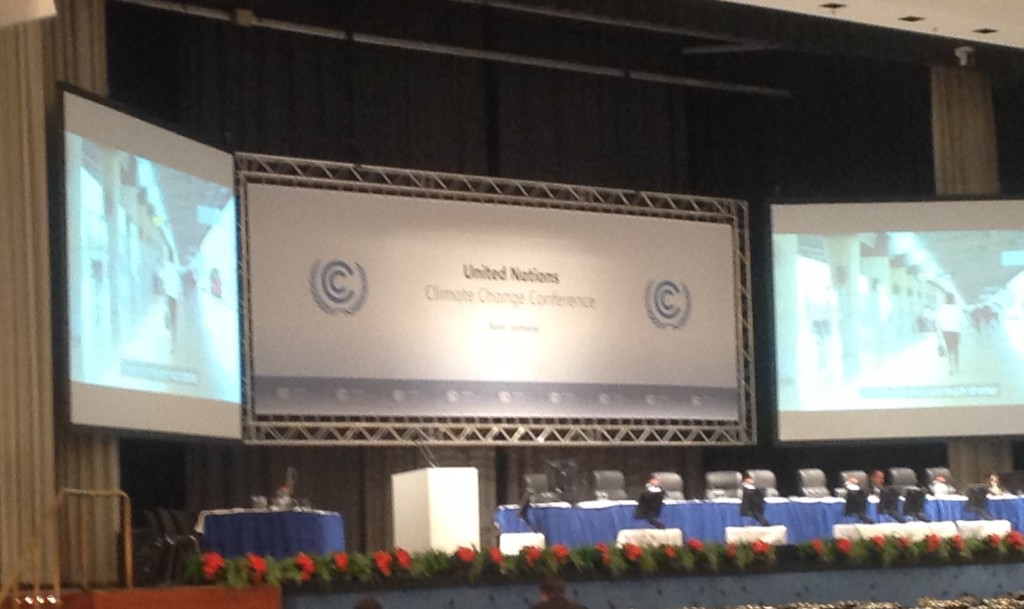Backsliding
Fri. June 6, 2014
My hotel in Bonn has a “green roof”–this is the view out my window of the tiny plants that are keeping stormwater from running off the roof and polluting the nearby Rhine River. Germany has a lot of environmental initiatives underway–I’ve seen tons of solar panels on rooftops, for example–but a German colleague tells me that the laws and policies that have encouraged investment in solar and other renewable energy technologies are under fire from politicians who consider them a waste of taxpayer dollars. Sounds familiar!


Although a number of U.S. states have led the way in pushing for wider adoption of renewable energy technologies like solar and wind, efforts are underway to undermine state renewable standards. Just last week in Columbus, the Ohio legislature passed legislation that proposes to freeze all the state’s renewable energy and energy efficiency standards. A similar effort to roll back a state renewable standard is underway in Minnesota, which has been a regional leader in fighting climate change.
Renewable energy standards like Ohio’s are one way that states could implement the carbon standards for power generation that were proposed this week by the U.S. Environmental Protection Agency–expanding sources of clean, renewable energy is one way to reduce the use of coal and other fossil fuels to generate power. The proposed carbon rule is getting a lot of positive attention in Bonn this week–it’s seen as the U.S. showing real leadership in the fight against climate change and a positive step as parties begin to negotiate a new climate treaty. However, if states (and countries like Germany) scale back their commitment to renewable power it sends an unfortunate message–that we don’t consider renewable energy an important investment in our future–and jeopardizes our leadership on climate change.

Skyline of Bonn, Germany
—
The “High Level” Meeting That Wasn’t
Wed. June 4, 2014
Today marks the beginning of what’s known as an intersessional meeting of the UN Framework Convention on Climate Change. Generally the annual Conference of the Parties to the convention is held in December and the location varies; these intersessional meetings happen in Bonn, where the UNFCCC secretariat has its offices. This meeting is considered critical because the parties need to begin to agree on targets and measures for a new climate change agreement by the end of 2015, so these interim meetings are taking on a greater role.
Or are they?

This meeting was supposed to begin with a two day “high level” meeting of ministers–senior government officials who are able to make pledges on behalf of their countries. However, it turns out that very few ministers will be in attendance and many of the people gathered here in Bonn for the next two weeks are concerned that this signals a lack of commitment to the ongoing negotiations. Oh, and the U.S. is one of the list of countries that hasn’t sent a minister (or minister equivalent) to Bonn–Special Envoy Todd Stern will not be here.
Does this signal a lack of commitment to global action on climate change by the U.S. government? In a week where the U.S. Environmental Protection Agency announced its strongest proposal to date to cut US carbon dioxide emissions, maybe not. But it certainly means that people who are concerned about climate change need to continue to push our leaders to make the issue a priority.
